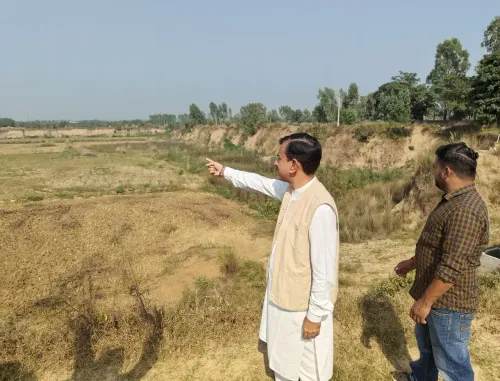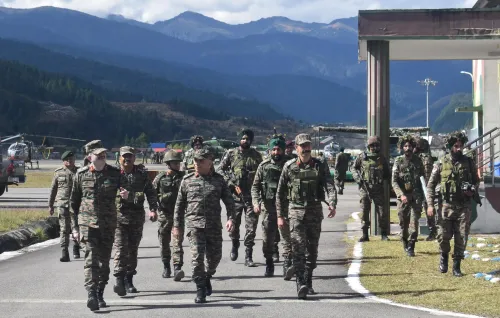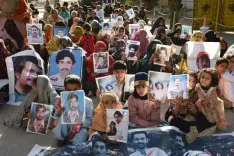Was There Any Nuclear Signalling by Pakistan During 'Operation Sindoor'?

Synopsis
Key Takeaways
- No nuclear signalling observed from Pakistan during Operation Sindoor.
- Operation Sindoor was India's response to the Pahalgam terror attack.
- India is reassessing its foreign policy amid shifting regional dynamics.
- Military preparedness remains a focal point in discussions.
- Efforts for parliamentary oversight on national security are ongoing.
New Delhi, May 19 (NationPress) In a significant briefing regarding security and foreign policy, the Parliamentary Standing Committee on External Affairs was informed that there was no nuclear signalling from Pakistan amidst the recent military standoff following Operation Sindoor, as reported by sources with knowledge of the situation.
Chaired by Congress MP Shashi Tharoor, the committee convened on Monday to analyze the diplomatic and military repercussions stemming from Operation Sindoor — India's precise response to the Pahalgam terror attack, which resulted in numerous fatalities and notably heightened tensions with Pakistan.
According to sources, Foreign Secretary Vikram Misri’s briefing addressed a broad range of strategic issues, such as cross-border security, military preparedness, and regional diplomacy. Importantly, committee members were informed that despite escalating hostilities, Pakistan refrained from engaging in any nuclear posturing, a development closely monitored by Indian intelligence during such crises.
Operation Sindoor was initiated by the Indian military in retaliation for the Pahalgam terror incident, which drew widespread condemnation and led to immediate military action across the border. The operation specifically targeted terror-related infrastructure in Pakistan-occupied territories, resulting in several days of confrontation between the two nuclear-capable nations.
Nevertheless, tensions subsided after both parties reportedly came to a mutual agreement to cease hostilities by May 10, restoring a fragile peace along the Line of Control.
During the confidential session, it is believed that Misri detailed how India is adapting its foreign policy in response to evolving regional dynamics. The briefing also covered India’s current diplomatic stance toward Islamabad and its broader implications for stability in South Asia.
Sources further indicated that Misri’s presentation encompassed evaluations of regional alliances and how India is engaging with neighboring countries like Bangladesh, while also addressing challenges in diplomatic relations with nations such as Canada.
This is not the first occasion Misri has addressed the committee regarding sensitive foreign affairs. His regular updates are part of the government's initiative to ensure parliamentary oversight on national security issues.








